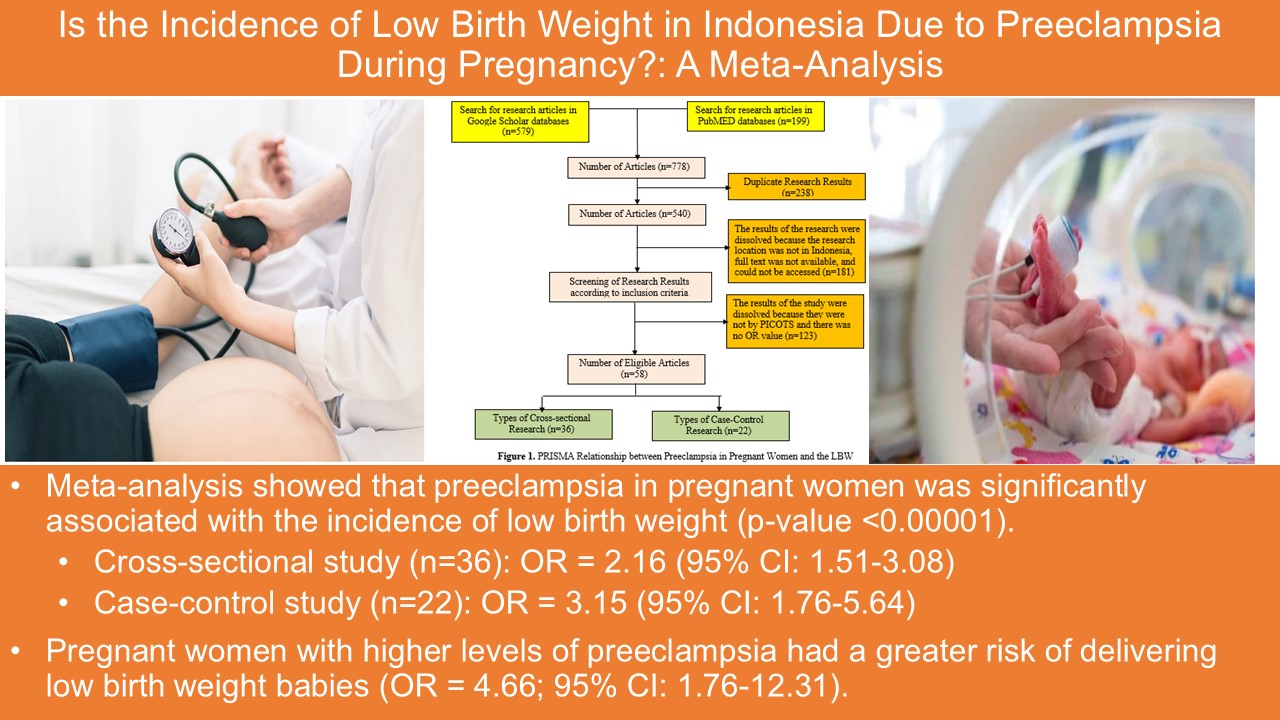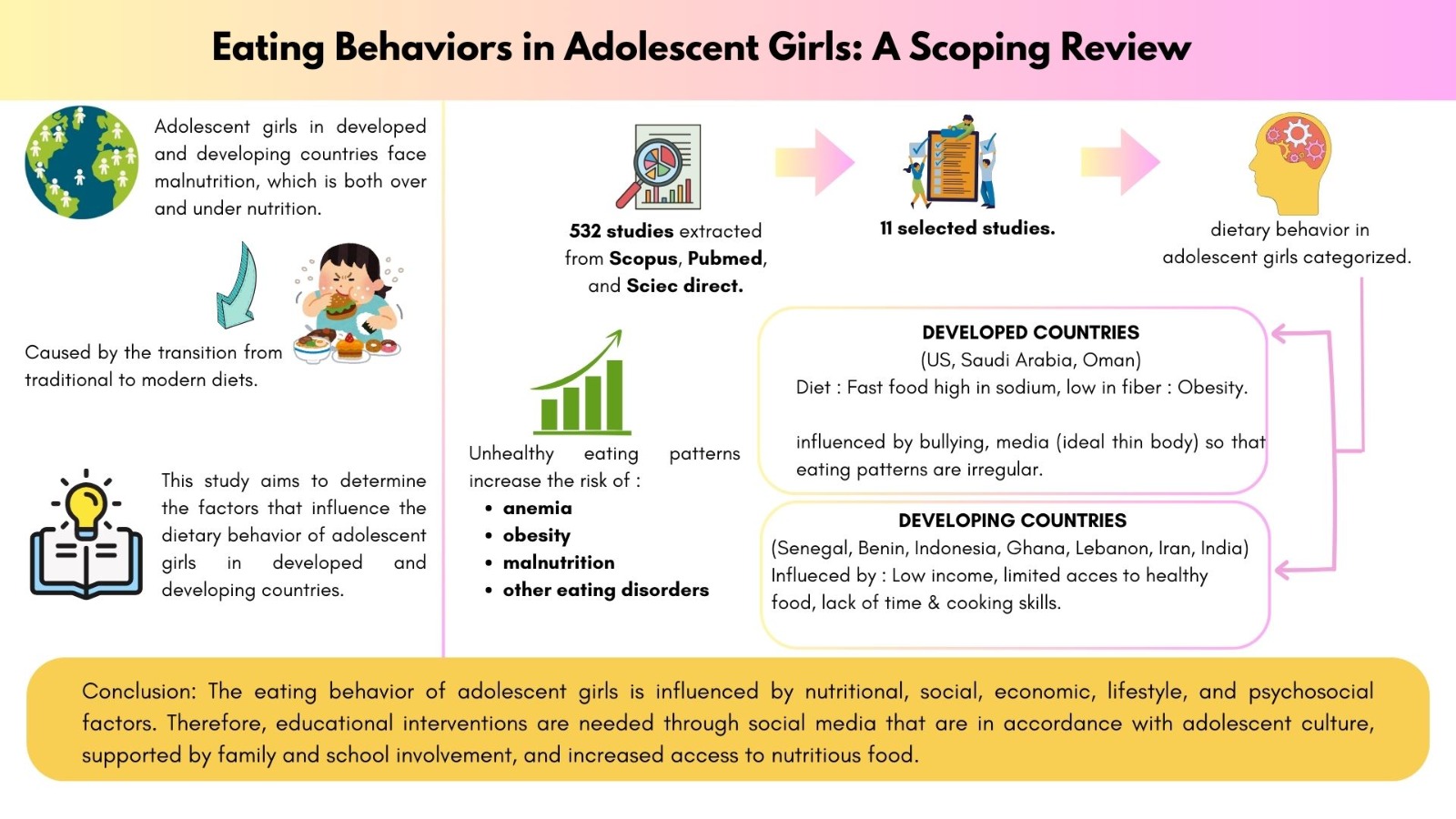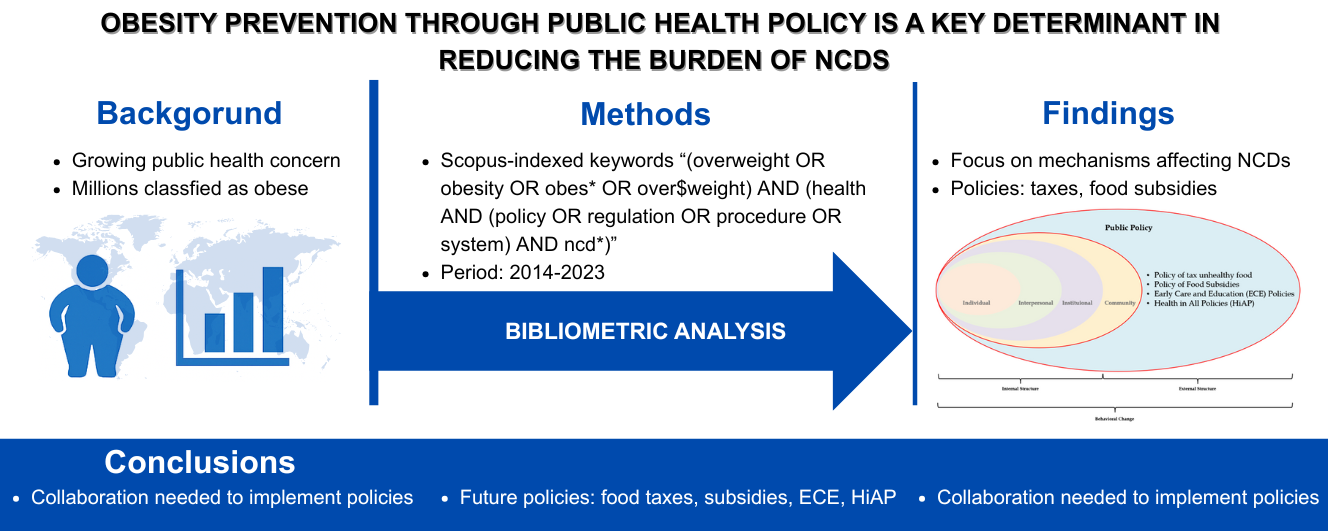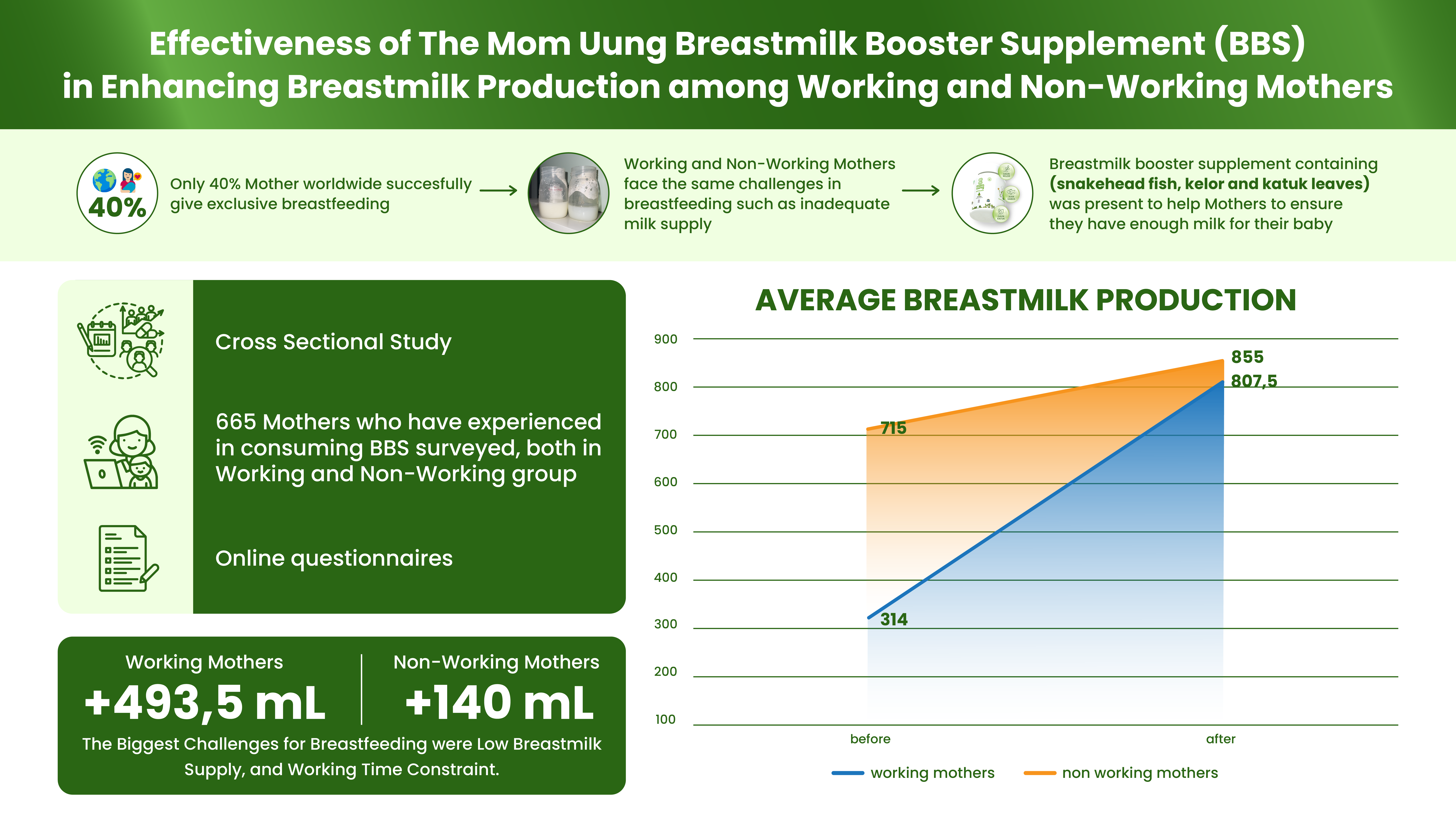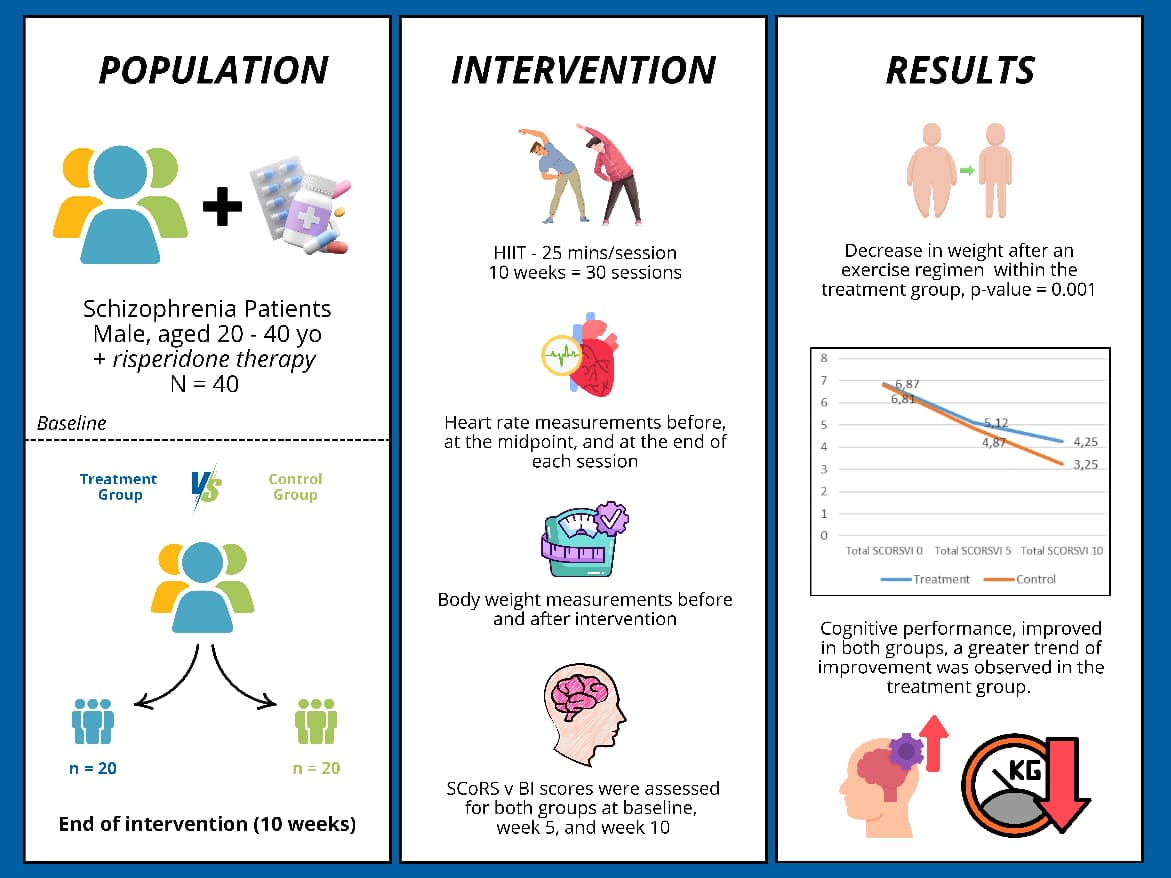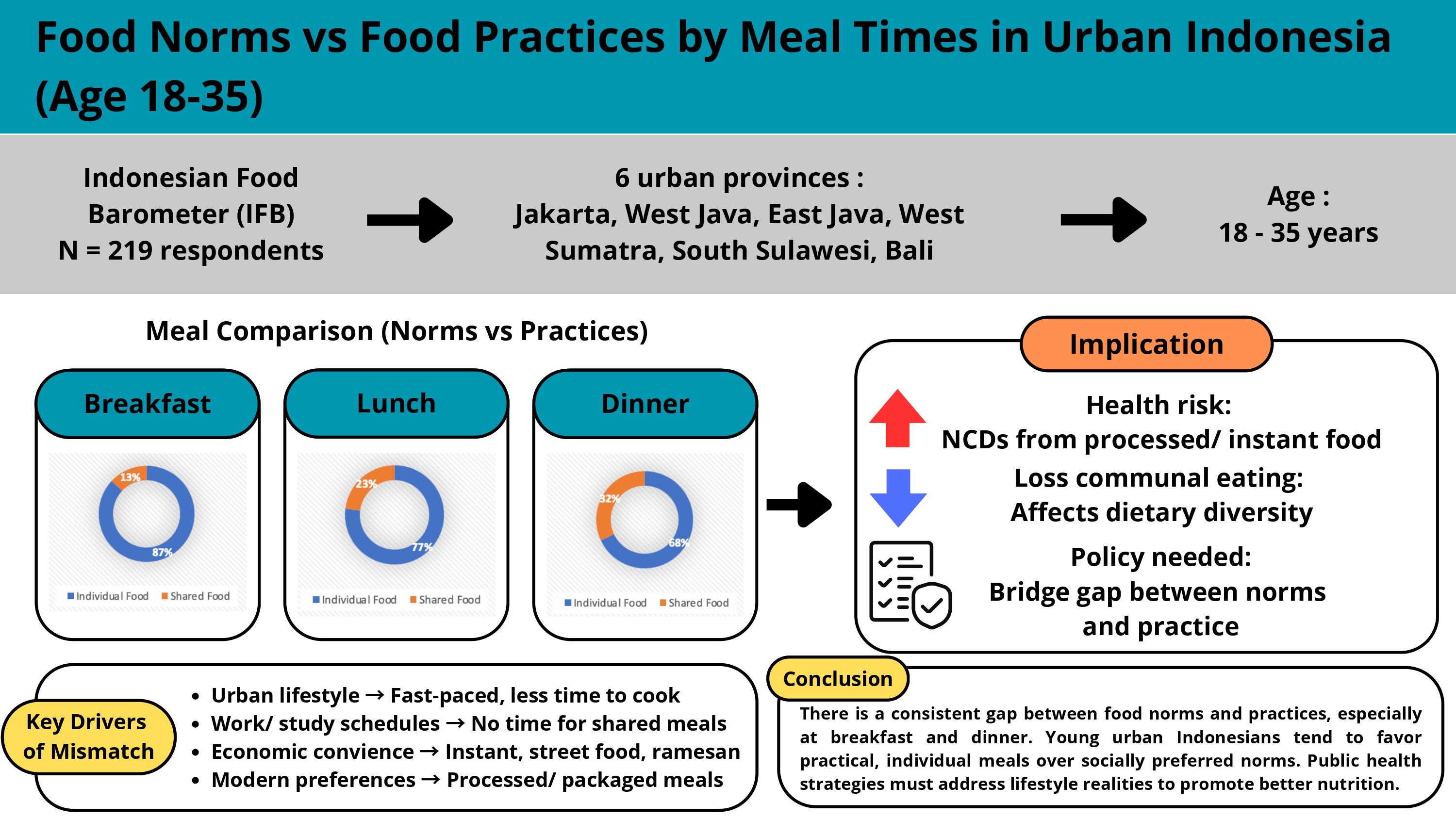PENDEKATAN POSITIVE DEVIANCE DALAM UPAYA PENINGKATAN TINGKAT KEHADIRAN SASARAN POSYANDU
Downloads
The main problem of integrated health post is the lack of community participation, and its resources. One of the alternative solution is finding a special behavior with positive deviance (PD) approach. The aim of this research was to analyze positive behavior through PD approach. This research was a qualitative research. The research method was focus group discussion with all cadre leader and indepth interview technique to 59 subjects, village midwife, cadre, and posyandu target in 10 posyandu (Tunas Harapan-TH 1 to 10) at Sadeng Village, Leuwisadeng sub district, Bogor District and completed with secondary data from monthly report of posyandu. These data were analyzed qualitatively using five basic steps in PD approach. The average attendance posyandu target was low (30.3%). The
result showed Posyandu TH 6 is defined as a model (performer) of PD. Specific positive behaviors encountered include better management of task distribution, mutual assistance behavior, cadres family members participation as transport
volunteer, cooperation with early childhood education (ECE), sub-village involvement, and adequate posyandu building. These behaviors were applied to the Posyandu TH 4 who had the worst performance and successfully increased its attendance from 23% to 62%. In this research the PD performer and its positive behavior have been identified through the PD approach and those behaviors were successfully applied to other posyandu
Aryastami, K. (2006). Perbaikan gizi anak balita melalui pendektan positive deviance: sebuah uji coba di Kabupaten Cianjur. Puslitbang. 25(2): 67-74.
Cahyono, B. (2012). Peran modal sosial dalam peningkatan kesejahteraan masyarakat petani
tembakau di Kabupaten Wonosobo. CBAM, 1(1), 131–144.
Departemen Kesehatan RI. (2006). Pedoman umum pengelolaan posyandu. Jakarta: Depkes RI.
Dinas Kesehatan Provinsi Jawa Barat. (2013). Posyandu di Jawa Barat. Bandung: Dinkes Jawa Barat.
Idaningsih, A. (2016). Faktor-faktor yang berhubungan dengan kunjungan balita ke
posyandu. Jurnal Ilmiah Indonesia, 1(2), 16–29. Diakses dari http://jurnal.syntaxliterate.co.id/
index.php/syntax-literate/article/view/26.
Kementerian Kesehatan RI. (2008). Riset kesehatan dasar 2007. Jakarta: Kemenkes RI .
Kementerian Kesehatan RI. (2012). Kinerja kegiatan pembinaan gizi tahun 2011. Jakarta: Kemenkes RI.
Lorungwa A.S., & Terhemba, T.L. (2009). Nutritional sustainability via positive deviance: Challenges for teaching, research and extension. Pakistan Journal of Nutrition, 8 (10), 1706-1710.
Madanijah, S., & Triana, N. (2007). Hubungan antara status gizi masa lalu dan partisipasi ibu di posyandu dengan kejadian tuberkulosis pada murid taman kanak-kanak. Jurnal Gizi dan Pangan, 2(1), 29-41.
Nusi, A. (2006). Analisis kinerja posyandu di Kota Gorontalo at the Bogor Agricultural University (Unpublished undergraduate thesis). Bogor Agricultural University, Bogor, Indonesia.
Ocbrianto, H. (2012). Partisipasi masyarakat terhadap posyandu dalam upaya pelayanan kesehatan balita at the University of Indonesia (Unpublished undergraduate thesis). University of Indonesia, Depok, Indonesia.
Parvanta C.F., & Sultana, N. (1998). Final Report, Bangladesh Nutrition Education Experimental Trial. Washington: International Life Sciences Institute.
Pemerintah Desa Sadeng. (2017). Laporan Bulanan Posyandu Desa Sadeng Kecamatan Leuwisadeng Kabupaten Bogor Periode 2016/2017. Bogor: Pemdes Sadeng.
Positive Deviance Initiative. (2012). Panduan Dasar Lapangan Pendekatan Positive Deviance (PD). Boston: PDI.
Rodiah, S., Lusiana, E., & Agustine, M. (2016). Pemberdayaan kader PKK dalam usaha penyebarluasan informasi kesehatan Jatinangor. Dharmakarya, 5(1), 5–8. Diakses
dari jurnal.unpad.ac.id/dharmakarya/article/download/9923/5238.
Sab'atmaja, S., Khomsan, A., & Tanziha, I. (2010) Analisis determinan positive deviance status gizi balita di wilayah miskin dengan prevalensi kurang gizi rendah dan tinggi. Jurnal Gizi dan Pangan, 5(2), 103-112.
Simanjuntak, M. (2009). Karakteristik sosial demografi dan faktor pendorong kinerja posyandu. Jurnal Wira Ekonomi Mikroskill, 2 (1), 49-58. Diakses dari https://www.mikroskil.
ac.id/ejurnal/index.php/jwem/article/view/68.
Sternin, J. (2007). The Vietnam Story: Narrated by Jerry Sternin. Diakses dari http://www.positivedeviance.org/about_pd/Monique%20VIET%20NAM%20CHAPTER%20Oct2017.pdf.
Suhat & Hasanah, R. (2014). Faktor-faktor yang berhubungan dengan keaktifan kader dalam
kegiatan posyandu (studi di Puskesmas Palasari Subang). Jurnal Kesehatan Masyarakat, 10(1),
–79. Diakses dari https://journal.unnes.ac.id/artikel_nju/kemas/3072.
Yuliana, E. (2013). Perananan kepala adat dalam sosialisasi program keluarga berencana di
Pampang Kelurahan Sungai Siring Samarinda. eJurnal Ilmu Komunikasi, 1(2), 95–108.
Diakses dari http://ejournal.ilkom.fi sip-unmul.ac.id/site/?p=734.
- MEDIA GIZI INDONESIA Journal is the copyright owner of all materials published on this website.
- The formal legal provisions for access to digital articles of this electronic journal are subject to the terms of the Creative Commons Attribution-NonCommercial-ShareAlike license (CC BY-NC-SA 4.0), which means that MEDIA GIZI INDONESIA Journal and readers reserve the right to save, transmit media / format, manage in database, maintain, and publish articles as long as it continues to include the name of the Author.
- Printed and published print and electronic manuscripts are open access for educational, research and library purposes. In addition to these objectives, the editorial board shall not be liable for violations of copyright law.


2.png)















